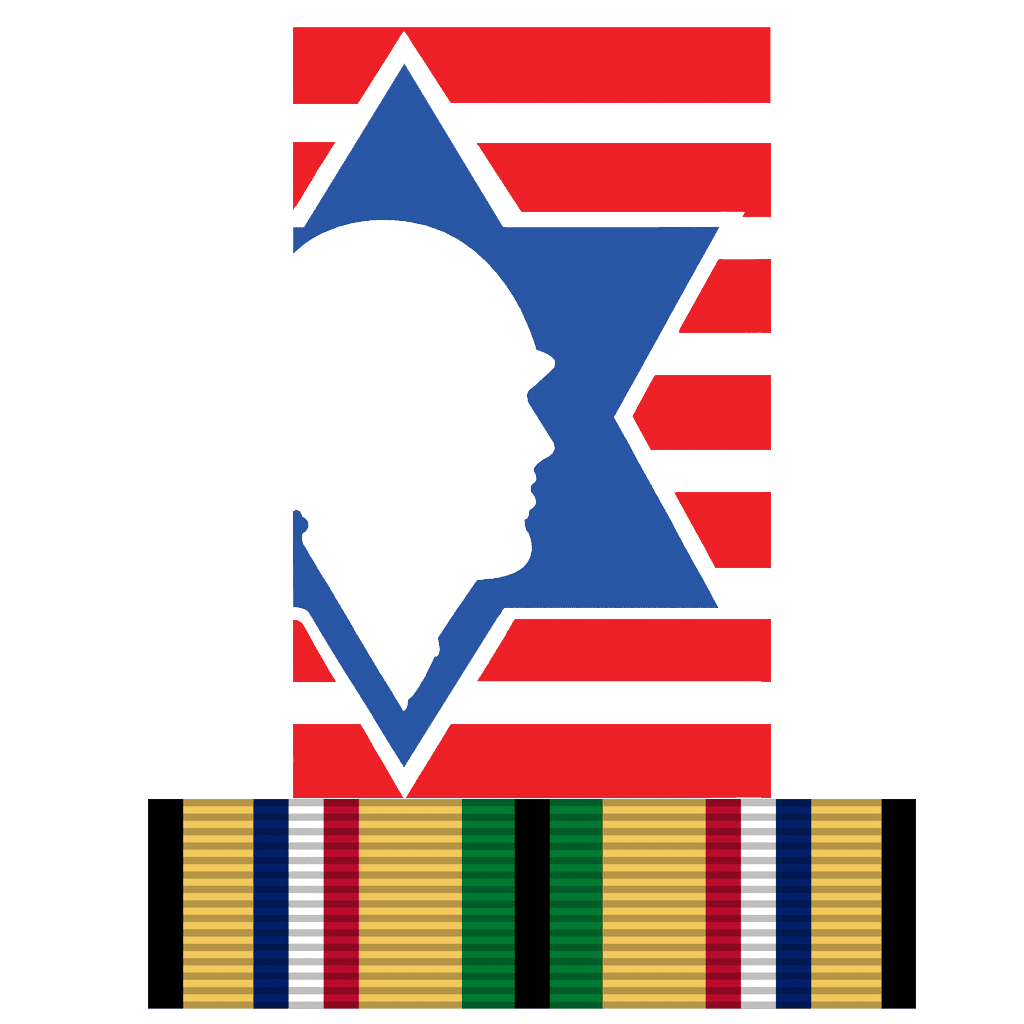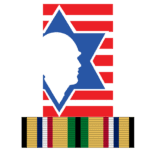 30th Anniversary of Operation Desert Storm:
30th Anniversary of Operation Desert Storm:
American Jewish Service Members in the Gulf War
COL Jonathan Newmark, US Army
I joined the US Army Reserve in 1989, went active duty in 1993, and remained on active status until retiring in 2013. My longest deployment was for six months in 1996 as the deputy task force surgeon for Task Force 2-1 ADA (Air Defense Artillery), stationed in Riyadh, Saudi Arabia.
This was supposed to be a very routine assignment, merely providing medical care for 283 PATRIOT missile soldiers. Back then, prior to 9/11, it was actually unusual for a hospital-based specialist physician – I’m actually a neurologist by training – to deploy at all, and many of my colleagues felt sorry for me. I figured it would be six months of routine deployment medicine. I was wrong.
Two weeks before we arrived in-country, the Khobar Towers complex in Dhahran was bombed. Suddenly US forces in the Kingdom became obsessed with force protection. When I arrived with the advance party, I discovered that my position was not at all what had been predicted. The Army HQ was in Dhahran, and not only was our higher headquarters there, but our task force command and the senior surgeon, a much more senior O-5, were there. Riyadh housed a slightly smaller slice of the task force, guarding the airport, and we were billeted on an Air Force facility. That was also interesting, as the service cultures are quite different, as I learned. As the deputy TF surgeon, I operated out of a well-stocked Air Force clinic, or what looked like one; it was actually set up for garrison medicine and was not really set up for a mass casualty event. My Air Force colleagues were wonderful to work with. Riyadh and Dhahran are 400 km apart, so we were largely on our own from the strictly Army perspective, and the deputy TF commander was in charge. He was a senior O-4, I was an O-5, and all the Army personnel in Riyadh who outranked me, including two two-star generals, were actually part of training commands for the Saudi military, hence technically not part of Central Command at all but under the US Embassy. So, by a quirk of the rank structure, this, amazingly, made me the senior combatant Army officer in the Riyadh sector, not what a nice Jewish doctor had been led to expect. Consequently, my deployment turned into a do-it-yourself crash course in mass casualty planning. I had a really wonderful relationship with my deputy TF commander, the O-4 already mentioned; he told me that he would leave to my judgment what I needed to do in order to safeguard and take care of our 283 troops, including going to lots of mass casualty planning meetings. So, willy-nilly, I became a mass casualty planner, not something anyone had thought we would need and not what I’d expected when I deployed.
I also followed our soldiers and airmen in Saudi military hospitals downtown, which was a unique cultural experience. Because I needed to round on our patients there, I actually got to see a lot more of Riyadh than most of my soldiers did. We had a small French Air Force detachment on our installation – they were part of the international force overseeing Operation Southern Watch – and, since I spoke some French and none of the Air Force doctors did, I became the specialist in the French Air Force for a time. I believe I was the first Jewish grand rounds speaker at King Saud University Hospital in quite some time. When I left Riyadh, I believe the Jewish community there was cut in half; I only knew of one enlisted airman who was Jewish. At High Holiday time, I asked an O-6 back home who belonged to my synagogue to send over some prayerbooks so I could offer this enlisted airman a modified service; my O-6 colleague had to describe the contents of the package on the outside for customs purposes, he feared that if he identified the contents as Jewish religious material the Saudis would not let it into the country, so he described it as “service materials” and they slipped through with no problem.
The skills I learned in Riyadh came in extremely helpful in my next life as a chemical casualty care subject matter expert. Again, that also was unplanned. The year after I returned from the Saudi deployment, I became the operations chief of the training branch at the US Army’s Medical Research Institute of Chemical Defense, the nation’s lead laboratory in research on treatments for casualties of chemical warfare agents. Much of my work – virtually 100% of it after 9/11! – involved planning for chemical attacks on either the military or the civilian population. I remember telling my branch chief after a while that this was really just Riyadh writ large. The deployment gave me skills I never thought I’d need. I’m stil using them now as an advisor to the civilian medical chemical defense research program at the National Institutes of Health, which I actually helped to set up while I was still on active duty. So some things do come full circle.
